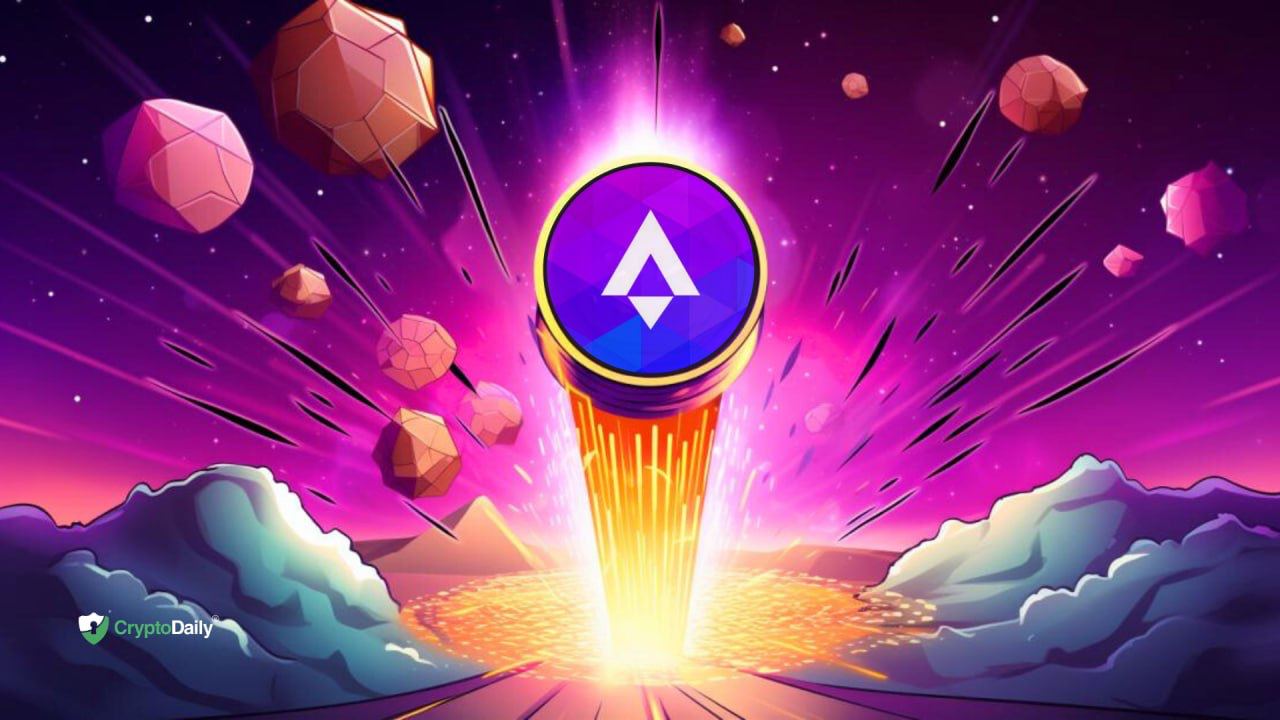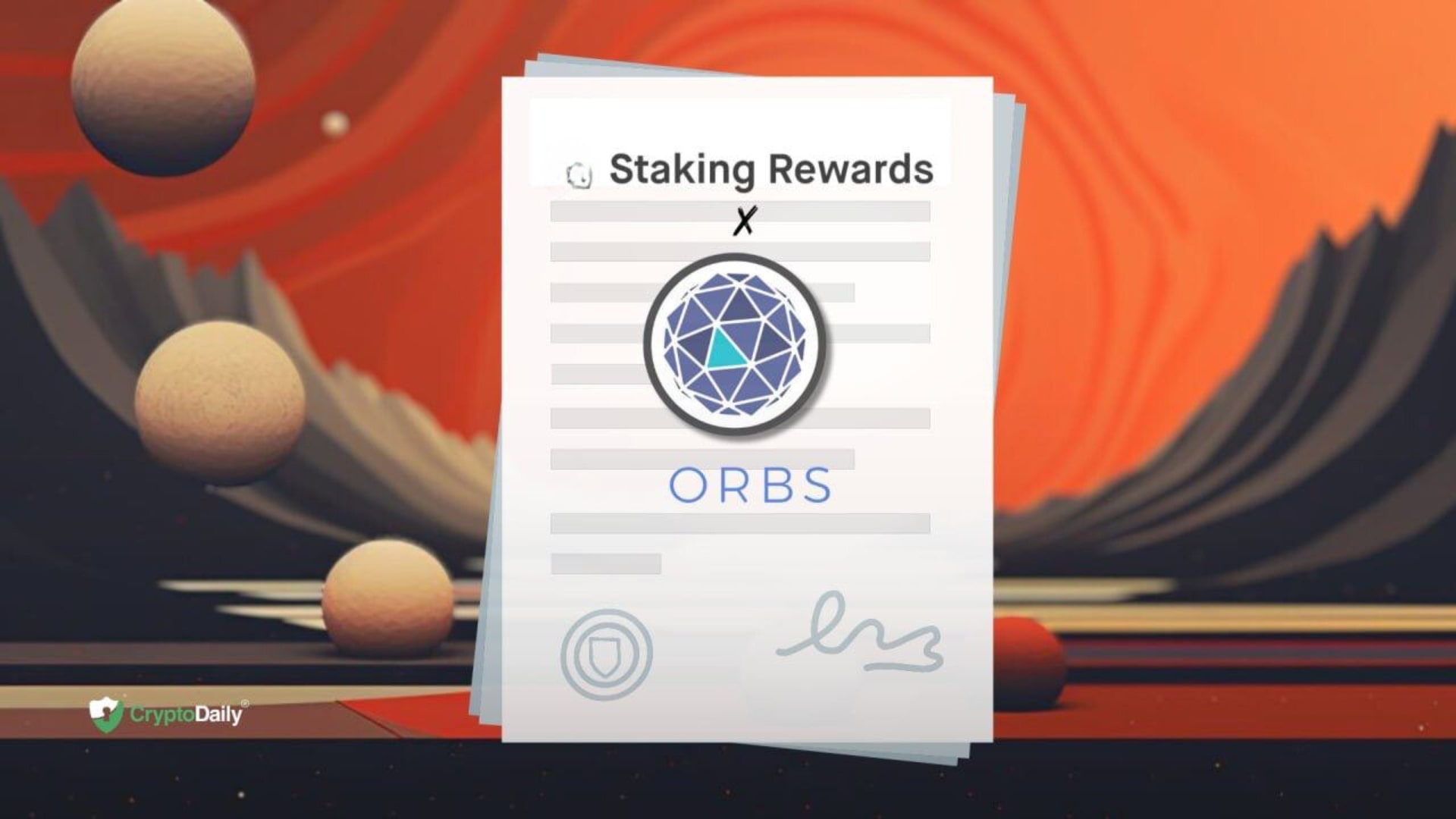Table of Contents
The initiative aims to lower costs in cloud computing, increase revenue for GPU owners, and bolster innovation in the AI space.
io.net, a Web 3 decentralized cloud service provider, has announced its plans to build the world’s largest decentralized computing service network by onboarding a million GPUs from independent computing power providers. In a statement this Wednesday, the company aims to reduce the shortage of GPUs for AI processing, enabling innovation and growth of the industry. Once complete, the cloud computing network – Decentralized Physical Infrastructure Network (DePIN) – will be the largest decentralized cloud ecosystem for machine learning.
The Web 3 startup provides developers with a decentralized cloud for GPU computing power by aggregating GPUs from multiple sources into a single platform. In a one-click step, engineers and developers can select their preferred options such as cluster type, GPU type, and purpose, allowing them to get up and running in seconds. This aims to fuel more innovation in the AI space and power startups in new technologies while incentivizing GPU computing power providers.
“AI is one step away from starting the Fourth Industrial Revolution but current GPU providers can’t support the scale and speed of innovation. io.net will be able to connect one million GPUs distributed across the globe in under 90 seconds, giving AI startups access to essential processing power on demand,” Ahmad Shadid, Founder & CEO of io.net stated upon the launch of the DePIN.
The dearth of AI chips has been exacerbated in the past few years, as AI rose as the leading novel technology. Despite Nvidia, the largest producer of GPU chips, witnessing an explosion in its market cap – to over $1 trillion dollars earlier this year, the extreme demand for GPUs has risen tenfold, making it impossible for the firm to satisfy the demand. This has caused the cost of training large-scale AI models to rise by around 3,100% per year, leading to rising costs and lengthy lead times to access cloud services.
The incentivization model of io.net for GPU owners
To curb the shortage of AI chips, io.net is proposing a decentralized GPU computation network. This network will offer tech companies access to idle GPU chips from independent computing power providers, unlike the current model where companies by access to GPU chips and compute power from centralized services such as Google, Amazon, and Microsoft.
The company aims to resolve the issue by targeting GPUs on idle computers, including independent data centres, whose typical utilization rate is only 12-18%, and crypto mining farms, which have seen a steep decline in profitability after Ethereum switched to Proof-of-Stake (PoS) consensus algorithm.
In one click, developers and engineers will be able to deploy massive GPU clusters that can support intense machine learning workloads and be operational in just 90 seconds. Notwithstanding, developers will save up to 90% in costs via the DePIN platform compared to traditional cloud computing services.
According to the team statement, io.net will launch a global network of user-supplied GPUs. The network will supply AI startups and companies with computing power that enhances innovation and reduces costs helping them create better AI models. Providers of the GPUs will be rewarded to incentivize them to join the ecosystem and participate in providing computing power. Shadid believes the network will “create a thriving economy that will support the growth of the AI industry”.
The company currently has over 36,000 GPUs at its disposal and aims at a million GPUs from around the world to successfully create the largest decentralized cloud computing service.
Disclaimer: This article is provided for informational purposes only. It is not offered or intended to be used as legal, tax, investment, financial, or other advice.
Investment Disclaimer













